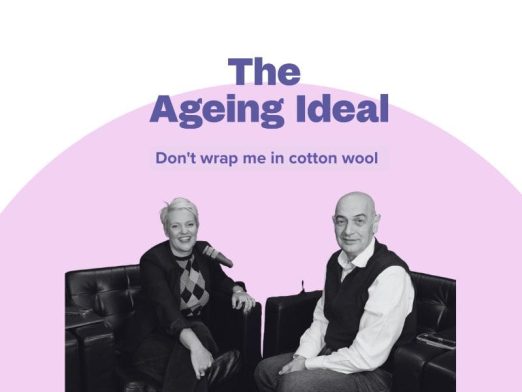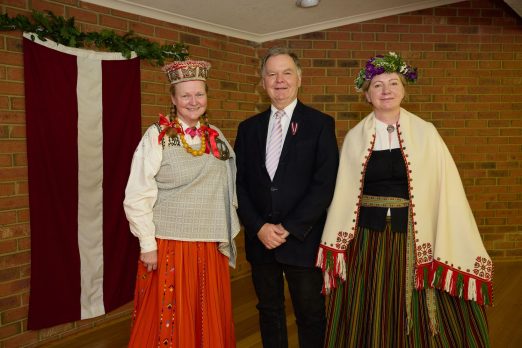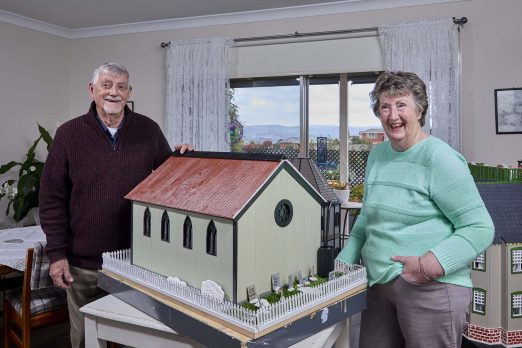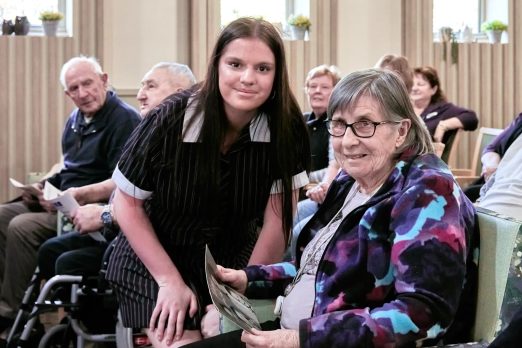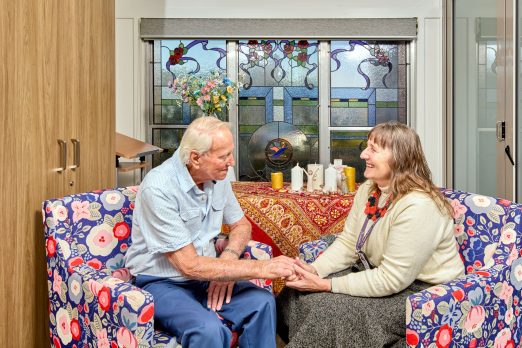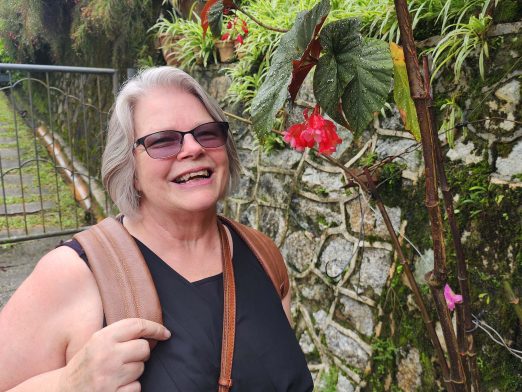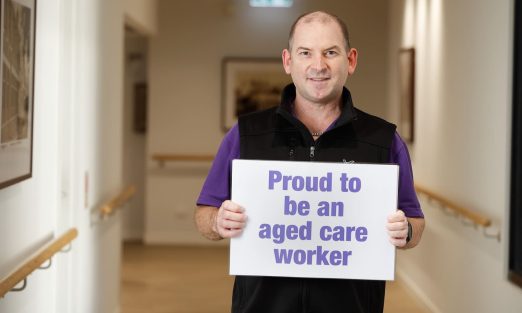News
Time for men to take their health seriously
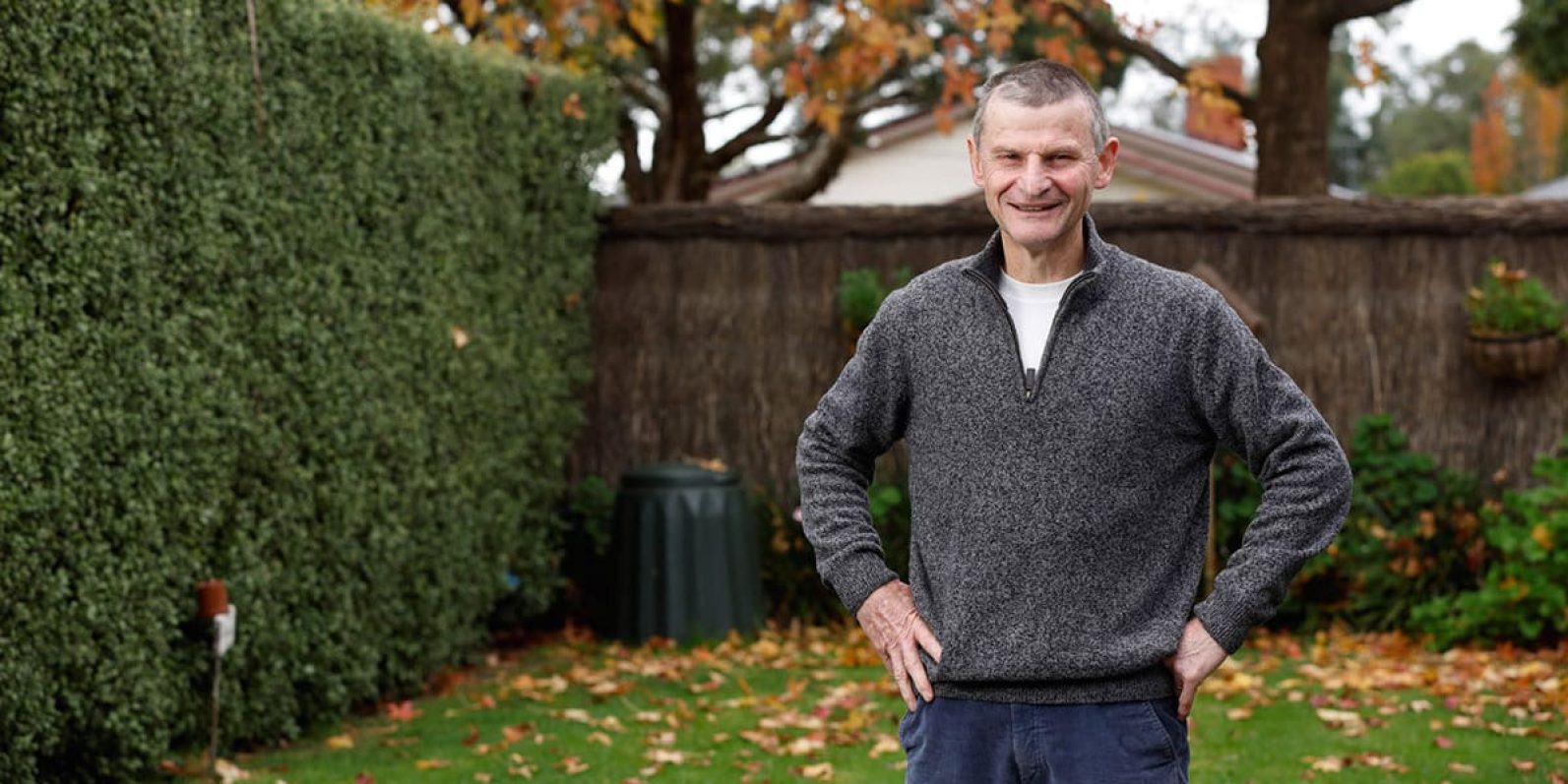
Organisational
It’s Men’s Health Week – and time for men to take stock of their mental and physical wellbeing.
The campaign focuses on the many and varied health issues facing the men and boys in our communities and reducing the stigma of seeking help, with this year’s theme being ‘Healthy Habits’.
One person who has a deep insight into this is retired social worker and Uniting AgeWell volunteer Ken Rosenhain. The Ringwood resident volunteers with the Social Connections Program where he takes a group of older men to lunch every fortnight.
Ken says the men he connects with are all single, with some of them widowed and many aged 70 years or more. He and another volunteer pick them up from their homes and take them to a restaurant, and then drive them home after lunch.
“We talk about sport and current affairs, and then when everyone is relaxed, the conversation sometimes gets into how they’re coping and how they’re feeling,” Ken explains. “The lunches usually go for about two hours.”
And Ken says his experience is that men can be reluctant to open up to how they are really feeling. “Some of them can be really lonely when they find themselves single again after all these years,” Ken explains. “They think they will cope, but some of them don’t. They’re really isolated.”
They’re not alone. Recent health statistics make compelling reading. Australian men have a lower life expectancy, are more likely to be overweight and experience higher rates of a range of chronic diseases in comparison to women. And the suicide rate of men is three times that of women.
Ken’s sage advice to men is to seek out a ‘go-to’ person they can both openly and honestly confide in. A neighbour, a friend, a colleague – someone they can trust. “Some men may fear rejection or a fear of exposing their vulnerability by doing this,” Ken explains. “But they may well find the other person welcomes the opportunity to open up too – and it becomes a two-way stream.”
Ken says some men may be reluctant to seek the help of a counsellor or a professional. “It mostly costs money and some men may worry that their feelings don’t warrant the help of a professional person.”
However, he points out that seeking the help of a counsellor or a professional can be extremely beneficial.
His other advice is to seek out their ‘go to’ person whenever it is needed. “This is not just a once-off deep and meaningful conversation. They need to feel comfortable to maintain this open and honest dialogue.”
